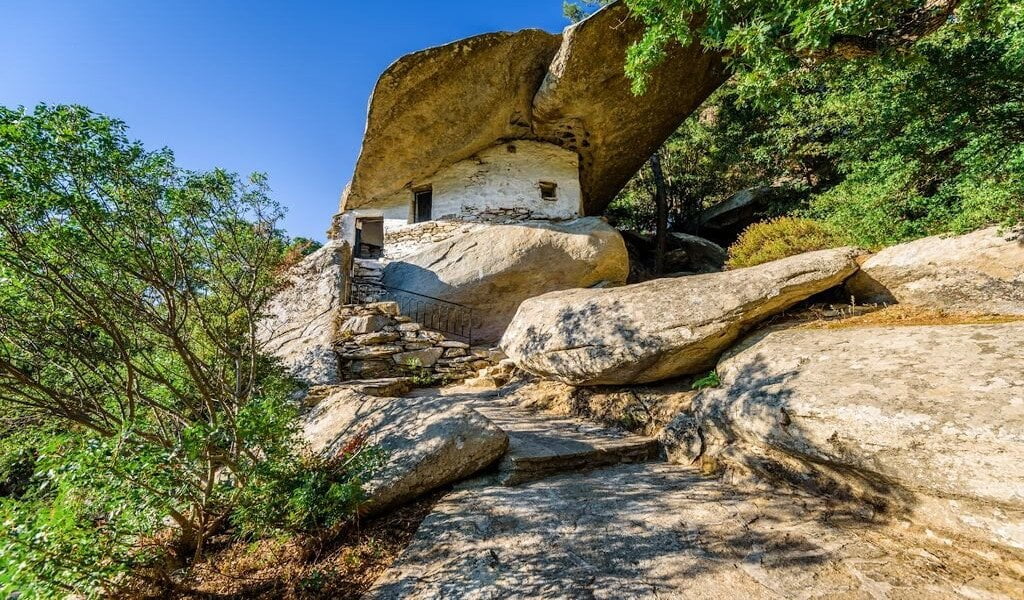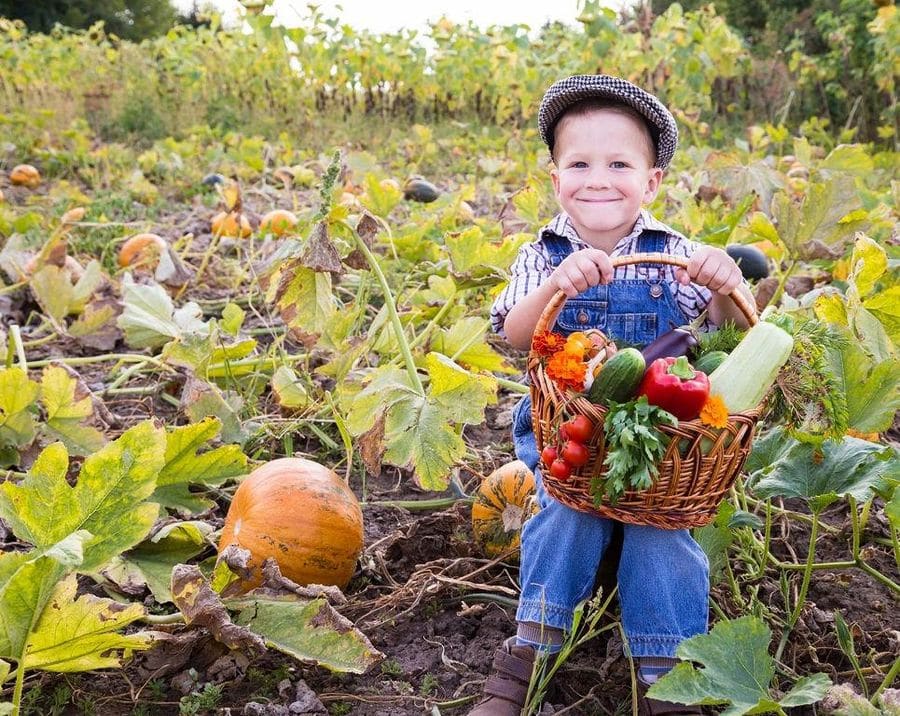Ikaria is famed for its strong red wine whose beneficial properties are known from mythology. Its name, Pramnios wine, is connected to the worship of the god Dionysus. According to mythology, Dionysus was born in Ikaria in a cave near Drakano. The name Pramnios comes from Mount Pramno, which is known today as Atheras. Pramnios wine has a dark red colour, is dry and achieves an alcoholic content of more than 16 per cent naturally and is thus unusually strong. We find these vineyards mainly in the regions of Evdilos, Raches and Proespera.
The soil of Ikaria offers a wide variety of herbs known for their intoxicating aroma and flavor. On mountaintops as well as in gardens, you can find them in abundance: oregano, thyme, sage, chamomile, fennel, heather, rosemary, mint, and balsam. Aside from their use in cooking, the herbs are used for pharmaceutical purposes, providing Ikariots with a long and good life.
The wild goats of Ikaria, known as “rasca”, are white or black medium-sized free-range goats. Their meat is considered to be extremely tasty, with minimal fat. They are found mainly in the mountain regions of the island. Boiled or roasted goat meat is the most popular food during festivals. Goat meat was also an important means of sustenance for islanders during the difficult years of piracy. In the olden days, the locals made, a kind of salt-cured (pasto) goat meat that was hung outside in August for curing.
The local type of cheese produced in Ikaria is the Kathoura or Kathouritsa (i.e. ‘little Kathoura’) and is the most widely known cheese on the island. It is a white goat cheese, already known in the 17th century, and made from goat’s milk coming from the island’s free-range goats. It’s usually unsalted, however there do exist salty and spicy varieties.
Ikariot olive oil is a special product of the island and its residents, and part of nearly all the dishes of the local cuisine. It is of excellent quality highly beneficial to health, and enough to cover the needs of the entire island.
The seafood and fish of Ikaria are truly something else! The sea surrounding the island is stunningly clear and rich in every kind of fish. Every day, from every corner of the island, small fishing boats go out to sea, towards the islands of Fourni and Samos, providing households and tavernas with fresh fish and seafood, like sargo, scorpion fish, mullet, cod, octopus and squid.
The spoon-sweets have a special place in the Ikarian diet. Every household produces its kind from local fruit, like apricots, oranges, cherries, or from bergamot and roses. Today, there are local producers and women’s cooperatives that package and sell these sweets commercially.
In the Ikarian cuisine, there are several recipes which the visitor can enjoy, such as the soufiko, a genuine Ikarian ladera dish suitable for vegetarians and which is served with kathoura cheese and a dash of freshly ground pepper, kolokythokeftedes, revithokeftedes (chickpea meatballs), kathoura tiropita and other pita varieties, including kolokythopita, and hortopita, greens pita using the various kinds of garden horta available.
Another traditional dish is the gamopilafo, and of course, dishes with local goats, such as goats stuffed with rice and a variety of herbs. Do not omit to taste Ikaria’s sweet potato, called kolokasi, otherwise known as Jerusalem artichoke. It is a rare plant which, in Greece, is found only in Ikaria, but is widespread in Cyprus having a variety of names: sunroot, sunchoke, earth apple, topinambur. It is essentially a cone-shaped bulb, like celery root, with a thick coffee-coloured or purple skin. Its interior is white and tough. Softening when cooked, it is sweet in flavour. Its leaves, when cooked, are also edible. In the Ikarian cuisine, the locals serve it mainly as a salad, along with skordalia and, of course, Ikarian wine. It can also be cooked with beans or as a soup, but also to accompany roasted or boiled meat, like potato.
The honey of Ikaria, known to the locals as anama, is among the highest quality honey in Greece. It is produced from heather bush and, unlike other honeys, has a thick texture.
Ikaria is a place with rich and special local production and where life expectancy is among the highest in the world.
Source: visitikaria.gr




